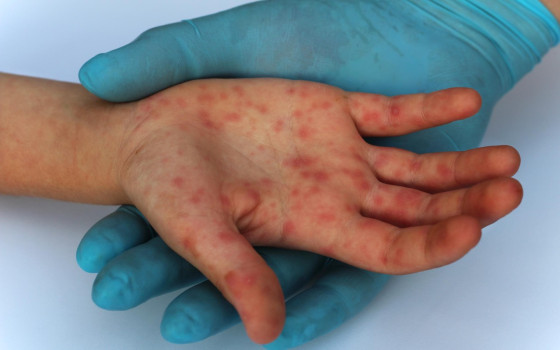
Europe sounds the alarm following a measles outbreak in areas with a low vaccination rate. Children are particularly at risk

- Europe and Arabs
- Saturday , 17 February 2024 14:57 PM GMT
Brussels: Europe and the Arabs
The European Center for Disease Prevention and Control has warned of a "worrying" measles outbreak in Europe. He added that the situation could become a problem, especially in areas with a low vaccination rate.
According to what the media in Brussels reported from the Belgian News Agency yesterday, Friday, measles is a highly contagious disease. The European Center for Disease Control and Prevention says that only when at least 95% of the population is vaccinated against the disease can transmission be stopped.
The European Center for Disease Control and Prevention detected 2,361 measles cases in Europe last year, especially in Romania, Liechtenstein and Austria. Cases have continued to rise since the beginning of this year, and six people in Romania and one person in Ireland have died from the disease. Between 2020 and 2022, there were very few infections due to measures taken against the coronavirus.
The current epidemic is especially dangerous for infants who have not yet been vaccinated. They constitute the largest group at risk, according to the European Center for Disease Control and Prevention. But unvaccinated children under 5 years of age and children and adults with an immune disorder (for example because they have cancer or HIV) are also at risk of serious illness or death.
In the region of Flanders, the Flemish-speaking half of Belgium, measles vaccination is included in the basic vaccination schedule and the injection is offered at ages between 12 months and 10 years. Figures on the vaccination body's website show that just under 94 percent of Flemish teenagers were vaccinated in 2020, although there is said to be a "lack of registration".
European Health Commissioner Stella Kyriakides asked everyone to check their vaccination status and that of their children. “Vaccination protects and saves lives, and is one of our most powerful tools against measles and many other infectious diseases.”



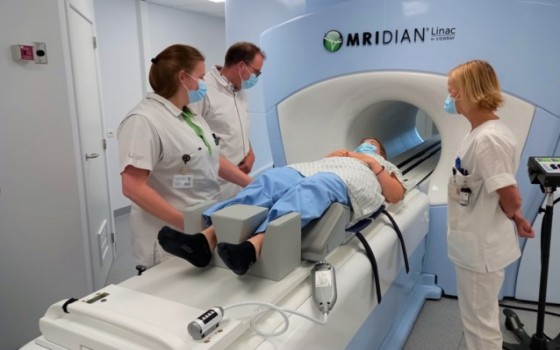
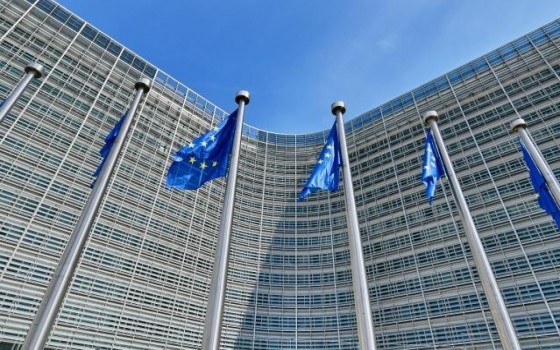
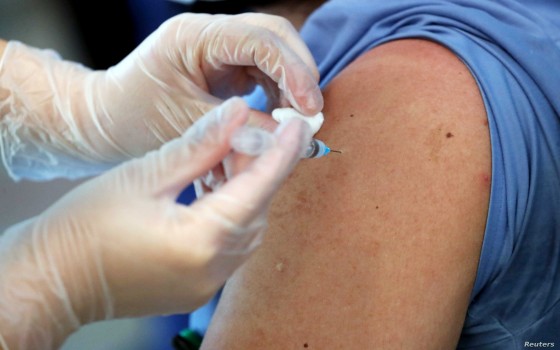
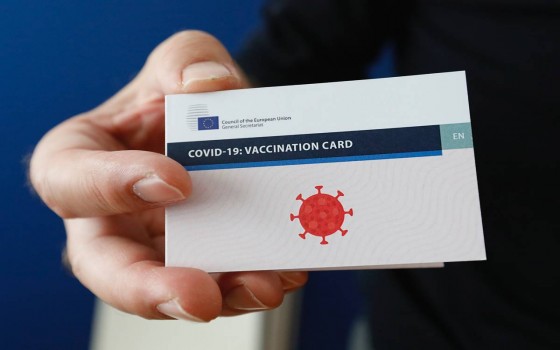


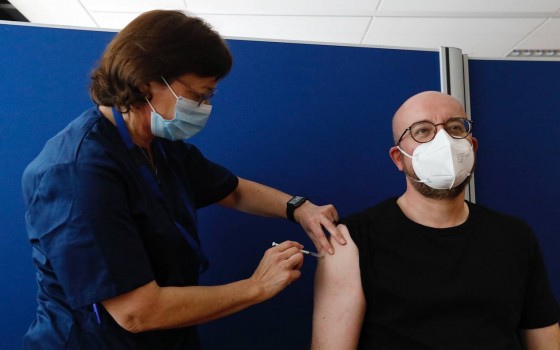


No Comments Found